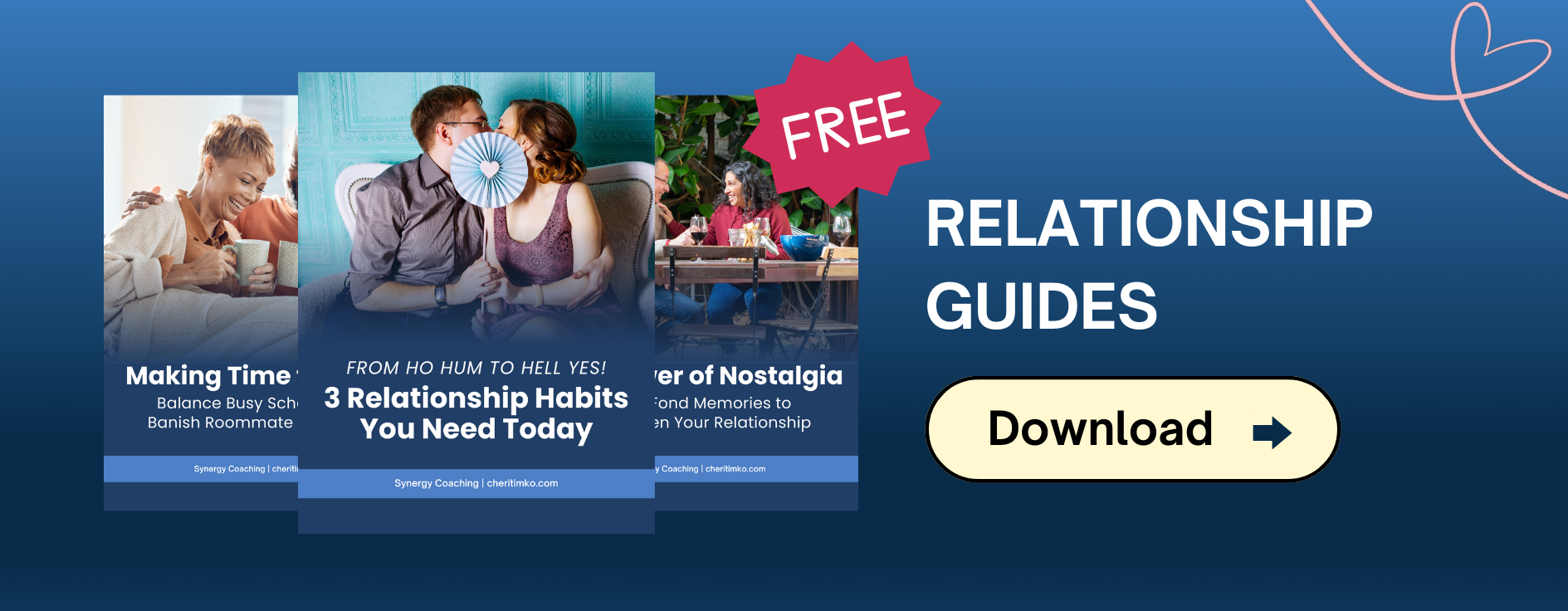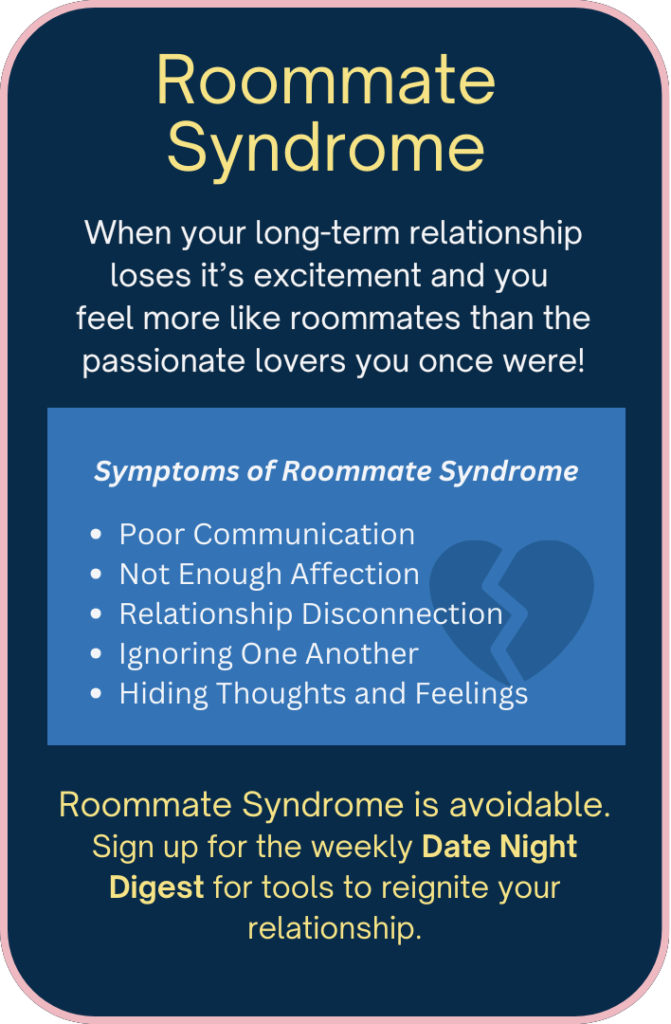For two years, my husband worked out of state. We had three small children at the time, and it was our priority to limit their time in childcare. He left on Monday mornings at 3 am and returned on Thursdays by mid-afternoon. I was able to sandwich most of my work as a psychotherapist around this schedule. The schedule was challenging, but the transitions were grueling for our relationship.
Every week, we transitioned from being together to apart, then apart to together. Although we had a lot of practice, we never got very good at weathering these transitions. We tended to grow cold or get into an argument before he left. While we were apart, I was prone to feeling overwhelmed and angry. When he returned, it took a couple of days to get back in-sync. Which happened just in time for him to leave. It’s taken years for me to let go of the resentment of that time period. And we didn’t have any major relationship issues during those years!
We still struggle with transitions now, even though we rarely travel separately. Most couples struggle without realizing it. When one partner travels, they become cold and distant. Or get into an argument. While they are separate, they feel disconnected and lonely. This is when insecurity issues bubble up. Then, they have trouble getting back in-sync when they reunite.

What’s happening here?
A transition is when a couple moves from being together to being apart or being apart to being together. These separations are normal and happen within the safety of the relationship. All couples have to deal with transitions to some degree. For most couples, they deal with a transition when one of them travels. If one partner travels frequently, they have to deal with regular transitions.
Most couples ignore the impact of these transitions. It can cause a lot of problems in the relationship. Good transitions happen when you are thoughtful and intentional about planning for them. You need specific activities that you do to help you move back and forth.
When you’re mindless about transitions, you will argue right before one of you leaves and/or when you come back. You can change the way these transitions go by thinking about where the rough spots are. Think about and recognize whether you have trouble and when.
Consider the last time one of you traveled. Did any of these things happen?
- Did you get into an argument?
- Were you irritable with one another?
- Did you pull back emotionally from your partner or they from you?
- Did you feel disconnected or cold?
- Did you have high hopes for a great reunion but instead you had an argument?
- Did you look forward to being home but then wonder why once you were home?
- Did you hesitate before walking in the door because you weren’t sure what you were walking into?
- Did it take a couple of days to reconnect after you returned?
These are some of the signs that you and your partner are struggling with transitions.
There are three transition points: 1) saying goodbye, 2) being apart, and 3) reuniting. When a couple handles transitions well, they plan for the challenges at each of these transition points. They take specific steps to feel connected. And they show compassion for one another when they have a rough transition.
Tips for separations:
- Talk about what it looks like when you are apart.
- Identify what each person’s ideas are for saying goodbye.
- Plan some time together before, during, and after the transition to feel connected and relaxed.
- Develop a way of saying goodbye that feels good for both of you.
- Identify and practice agreed on minimum levels of connection and contact while you’re apart. If you cannot meet the agreements while you’re apart tell your partner as soon as possible.
- While you’re apart, honor all agreements that you have made in the relationship. These include boundaries with other people.
- While you’re apart, don’t make long-term choices that your partner is going to have a hard time living with.
- When you come back together, have a ritual that reconnects you.
- When you come back together, know how long it takes you to reconnect. It may be different depending on how long you were apart. Many couples need a longer transition time when they’ve been apart for longer periods of time.
- When you reunite, have a straightforward conversation to hand off responsibilities. During this discussion, share what each of you needs.
Don’t be fooled by an initial honeymoon period. If things quickly fray around the edges, you are still having transition issues.
A good question for each of you to ask the other is “what help do you need?” Be prepared to hear some specifics and to take on those requests.
Conclusion
Transitions can rock your relationship. When you ignore them, they’re likely to go poorly. Safeguard your marriage by thinking about these transitions and preparing for them. Don’t just let them happen anyway they do.
You can assume that most transitions are going to have some discomfort and rockiness. When a transition goes poorly, it feels bad for most couples. Don’t determine the health of your relationship on your transitions.
Transitions are hard for every couple. If you argue and feel disconnected when one of you travels, learn how to connect better using the free Relationship Guides.



